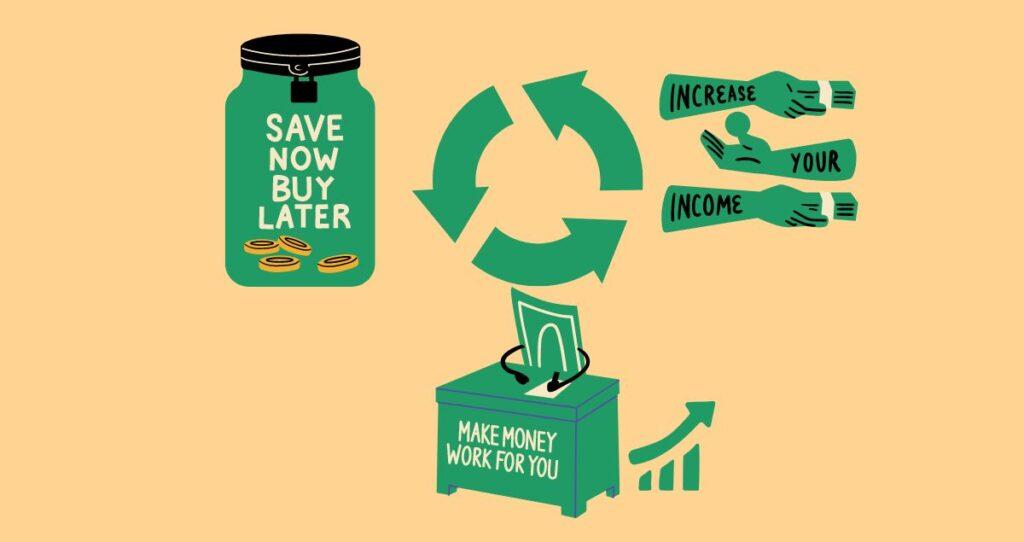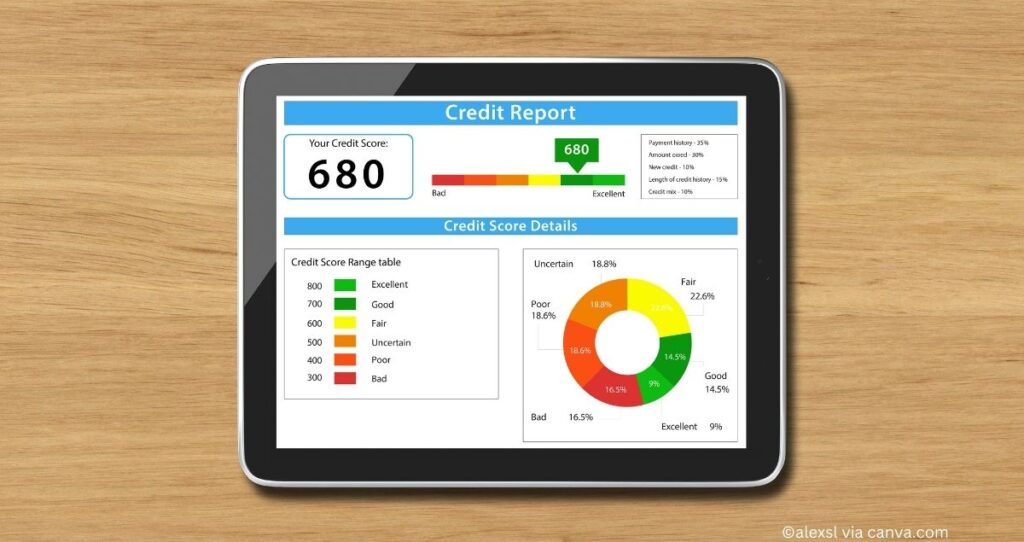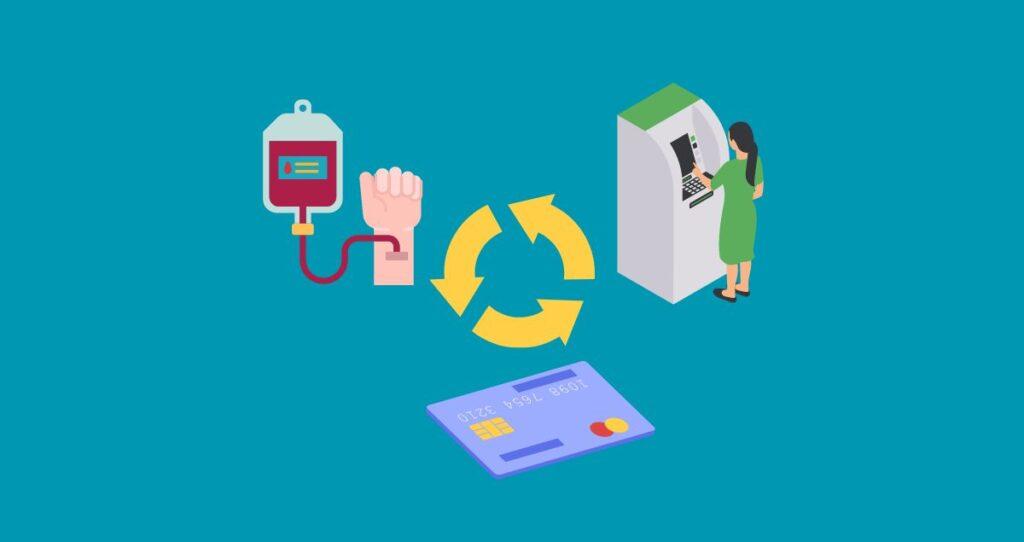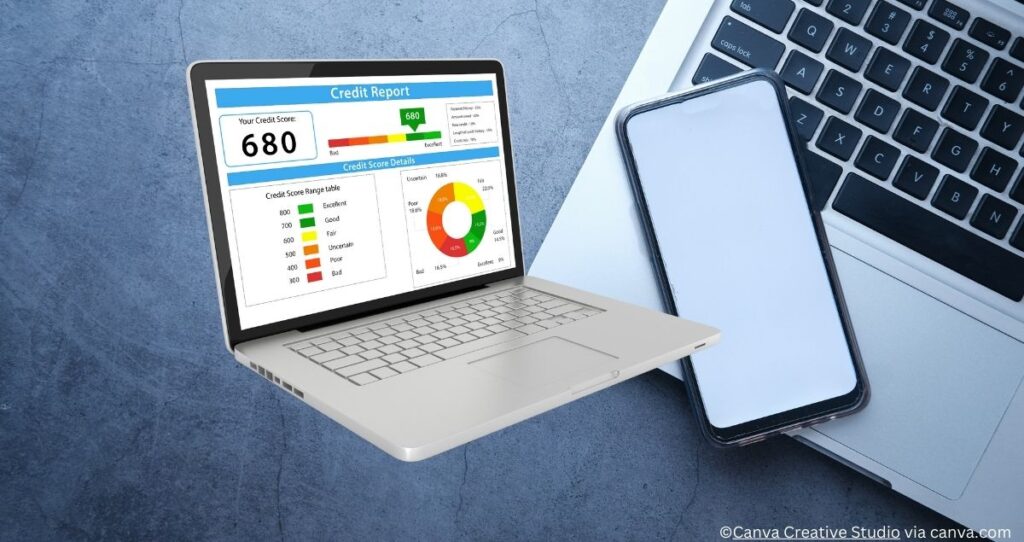Want to become a proofreader? Here’s exactly how to get started and land your first proofreading job in no time. This guide will walk you through every step to becoming a successful proofreader, where to apply for proofreading jobs, how to stay competitive in the industry, and how to ace your first proofreading interview.
Are you that person who can’t help but notice every spelling mistake, grammar error, and misplaced comma? Do you have a love for language and an eye for detail? If so, you might have what it takes to become a proofreader and I am going to show you how you can harness your skills and get paid to do what you love.
Without further ado, the following are steps to becoming a proofreader and building a rewarding career.
What is proofreading?
Before any paper, book, manuscript, etc. is published, it goes through a final stage known as proofreading. Proofreading is conducted by an experienced proofreader to make sure that the document meets grammatical standards and that its structure conveys its intended meaning.
So, what is proofreading?
Just like the name sounds, proofreading is the process of reading a document to correct any grammatical errors that might have slipped through when the document was being written. As a proofreader, the following are some of the things you will be looking for.
- Grammatical errors
- Punctuation issues
- Typographical errors
- Spelling problems
- Spacing and format errors
- Omitted words, and
- Repeated words.
If you are interested in working as a proofreader or working on your own as a freelance proofreader, the following are 4 steps you need to take and land your first gig fast.
Step 1. Hone Your Skills
To become a successful proofreader, the first step is to hone your skills. While it’s true that some people have a natural talent for spotting errors, everyone can improve their language and grammar abilities with practice. Reading books, taking online courses, and participating in writing groups are all excellent ways to enhance your skills.
One of the most effective methods of enhancing your proofreading skills is practicing with a wide range of documents. This can include everything from academic papers, and newspaper articles, to marketing materials. The more exposure you have to different types of content, the better equipped you’ll be to spot errors when proofreading documents.
As the saying goes, “Practice makes perfect.” You need to practice to improve your skills until you have become invincible in the industry.
Another important aspect of honing your skills is staying up-to-date with changes and trends in the world of language and grammar. Read industry publications, keep tabs on social media trends, and note any changes to language usage in the media.
Step 2. Build Your Portfolio
To become a successful proofreader, you must have a strong portfolio that showcases your skills and experience. Building this portfolio takes time and effort, but it’s a crucial step in landing your first freelance proofreading job. Here are some tips to help you build a portfolio and land your first proofreading gig in no time.
- Gather your best work. Collect samples of your previous proofreading projects, whether they were for a client, a friend, or a personal project. Choose pieces that show a variety of styles and genres to demonstrate your versatility.
- Edit and refine your work. Before adding your samples to your portfolio, review them carefully and make any necessary edits. Check for errors in grammar, spelling, and punctuation, and make sure the formatting is consistent and professional.
- Create an online portfolio. Consider creating a website to showcase your portfolio. This will allow potential clients to easily view your samples and get a sense of your skills and experience. Be sure to include a brief bio and contact information so that clients can get in touch with you.
- Your network is your net worth. Take advantage of any networking opportunities in the publishing or writing industry. Attend conferences and events to meet potential clients and learn about the industry. Becoming a proofreader sometimes requires you to start at the bottom and build yourself up. If necessary, volunteer to proofread for non-profit organizations or local publications to gain experience and build your portfolio. If your work is good, they might even keep you and start paying you.
Step 3. Find Proofreading Jobs
Once you’ve built up your skills and portfolio as a proofreader, it’s time to start searching for jobs. The good news is that there is a demand for proofreaders in a variety of industries, including publishing, advertising, and online content creation.
To start your search, consider browsing job boards like Indeed, Glassdoor, ZipRecruiter, Monster, or CareerBuilder. If you are interested in freelance proofreading jobs, narrow your search to job boards tailed to freelancing such as FlexJobs, Fiverr, Upwork, and Freelancer. All these freelance job boards have endless opportunities and clients you can work with even if you don’t have experience.
You can also reach out to writing groups and organizations to see if anyone is in need of a proofreader. Don’t forget to showcase your experience and skills on your resume and LinkedIn profile to attract potential employers.
You might also like: 7 Steps to Become a virtual assistant with no experience
Step 4. Ace the Interview
Just like any other job interview, it is crucial to prepare thoroughly when getting ready for a proofreading job interview. To ace the interview, do your research on the company and the role you’re interviewing for. Practice answering common interview questions, and be prepared to discuss your proofreading experience and how you can contribute to the company.
During the interview, make sure to listen carefully to the interviewer’s questions and answer them thoughtfully. Show your enthusiasm for the job and your passion for proofreading. If you’re unsure about something, ask for clarification.
Common proofreading interview questions.
- What is the process of finding and correcting grammatical errors?
- Give me an example of when you had to work with a difficult client
- How well do you perform under pleasure?
- Describe your process of proofreading documents
- Describe your proofreading style
- How often do you proofread your own work?
- How do you ensure accuracy on documents you are proofreading?
- What would you do if your client decides to make changes to your work?
- How do your past experiences and skills relate to the job you are applying for?
- What proofreading technique do you use?
- What makes you an effective proofreader?
- How do you define the role of a proofreader?
Also, make sure that you review your resume and cover letter. A big mistake a lot of people make is to show up to their interviews without going over their resumes. To convince the hiring manager that you are the right person for the job, you might need to explain how your past experience, skills, and certifications, will help you perform the job well as a proofreader. That is why you need to know your resume and cover letter inside out.
Tips to land your first proofreading job
Getting your first proofreading job may take time and effort, but by following these tips, you can increase your chances of success. With persistence and the right approach, you’ll be on your way to a fulfilling proofreading career.
- Update your resume, cover letter, and LinkedIn profile. Employers usually evaluate your resume and check your professional profile to access your qualification before they call you in for an interview. Employers need to see that you’re a detail-oriented person with excellent grammar and punctuation skills. That is why you need to make you that you tailor your resume and cover letter to the proofreading job you are applying for. Only keep job experience, skills, and certifications on your resume that matches the job requirements.
- Showcase your portfolio and provide a link to your website on every freelance job board. Being a freelance proofreader means that you will work independently. For this reason, it is crucial to create a website to showcase your portfolio. If you are getting started in the proofreading industry, you will have no reviews or extensive experience. That is why your first clients will rely on your resume, cover letter, portfolio, professional accounts, and trust. So, make it count.
- Offer free proofreading services for reviews. Having no experience or reviews means that many clients will be reluctant to work with you. For this reason, you can offer to work for free to get positive reviews or tell your clients to pay you only when they are satisfied.
- Charge less to get clients. Again, when you are getting started, none will trust that you can do the job. The lack of experience also means that you cannot charge the same rate as established proofreaders. For this reason, it is crucial to lower your rate and increase it over time. Charging too little or too much will push away potential clients. Set your rates according to the job you are doing and your experience.
- Focus on customer satisfaction. When it comes to freelance proofreading, customer service is critical to your success. Not only that you have to deliver the job as accurately as possible, but you also have to deliver it on time. That is how you earn reviews and take your proofreading career to the next level.
How much can you make as a proofreader?
The median salary for proofreading jobs is $56,347/yr, according to Salary.com. Proofreaders typically make between $49,446/yr to $64,340/yr. If you are getting started as a proofreader with no experience, you might get paid a base salary that is in the lower $40k. But, after gaining enough experience, you could make as high as $72K/yr.

Image credit: Salary.com
Keep in mind that these salaries are influenced by your level of experience, employer’s pay, and location. Furthermore, if you work independently as a freelance proofreader, you may get paid even more. This is because you will work on your own terms and set your own rates. Depending on your level of experience and how fast you can get the job done, you can easily take on more projects which will allow you to earn higher than the industry average.
Where to find freelance proofreading jobs?
There are a lot of websites to find freelance proofreading jobs. But, the following are the best places to find most freelance proofreading jobs in the industry.
The bottom line
Becoming a proofreader requires a combination of honing your skills, building your portfolio, and finding the right job opportunities. By following the steps outlined in this post, you can get started on your journey toward a rewarding career as a proofreader. Remember to continuously improve your skills and stay up to date on industry trends to stay competitive in the market. With dedication and hard work, you can turn your passion for language into a rewarding career.
More tips
How to secure your financial future after landing a job?
17 things to do after losing your job









